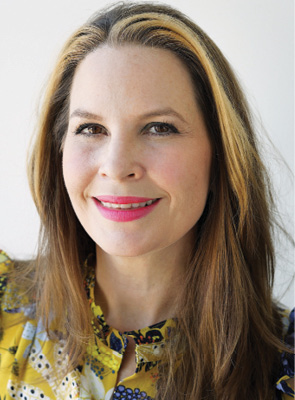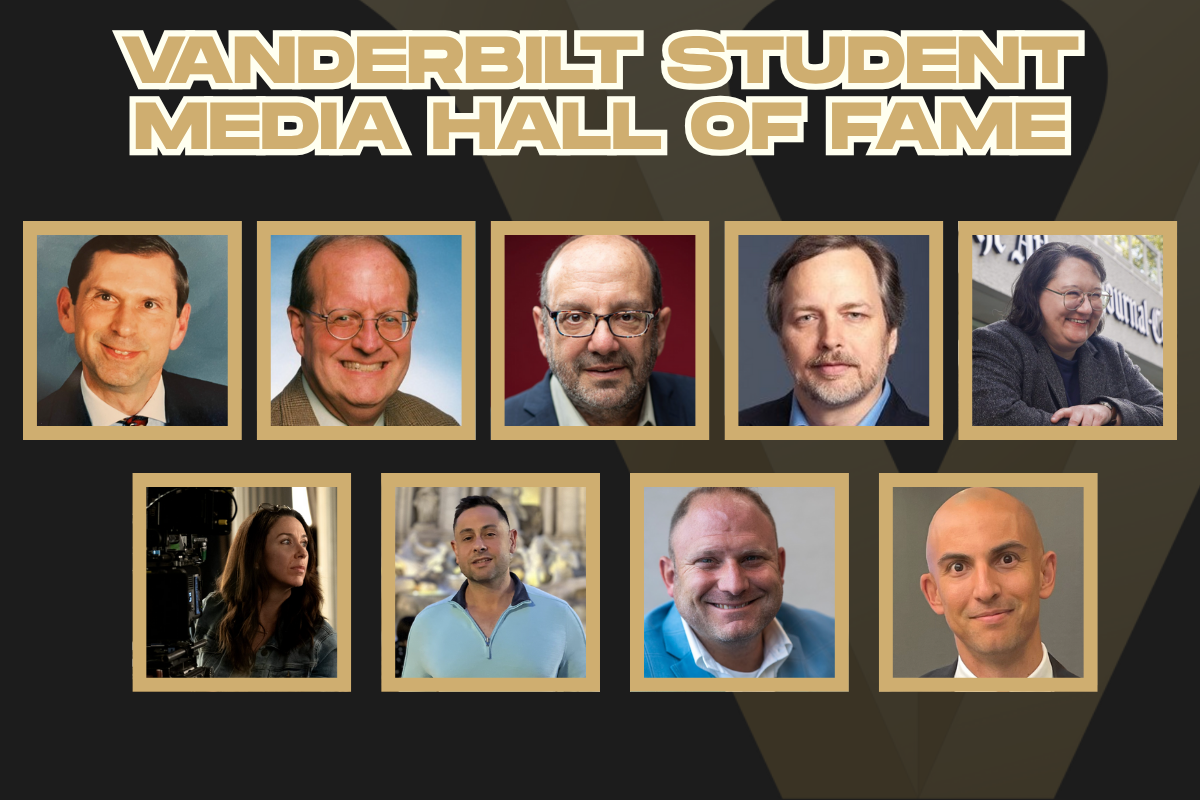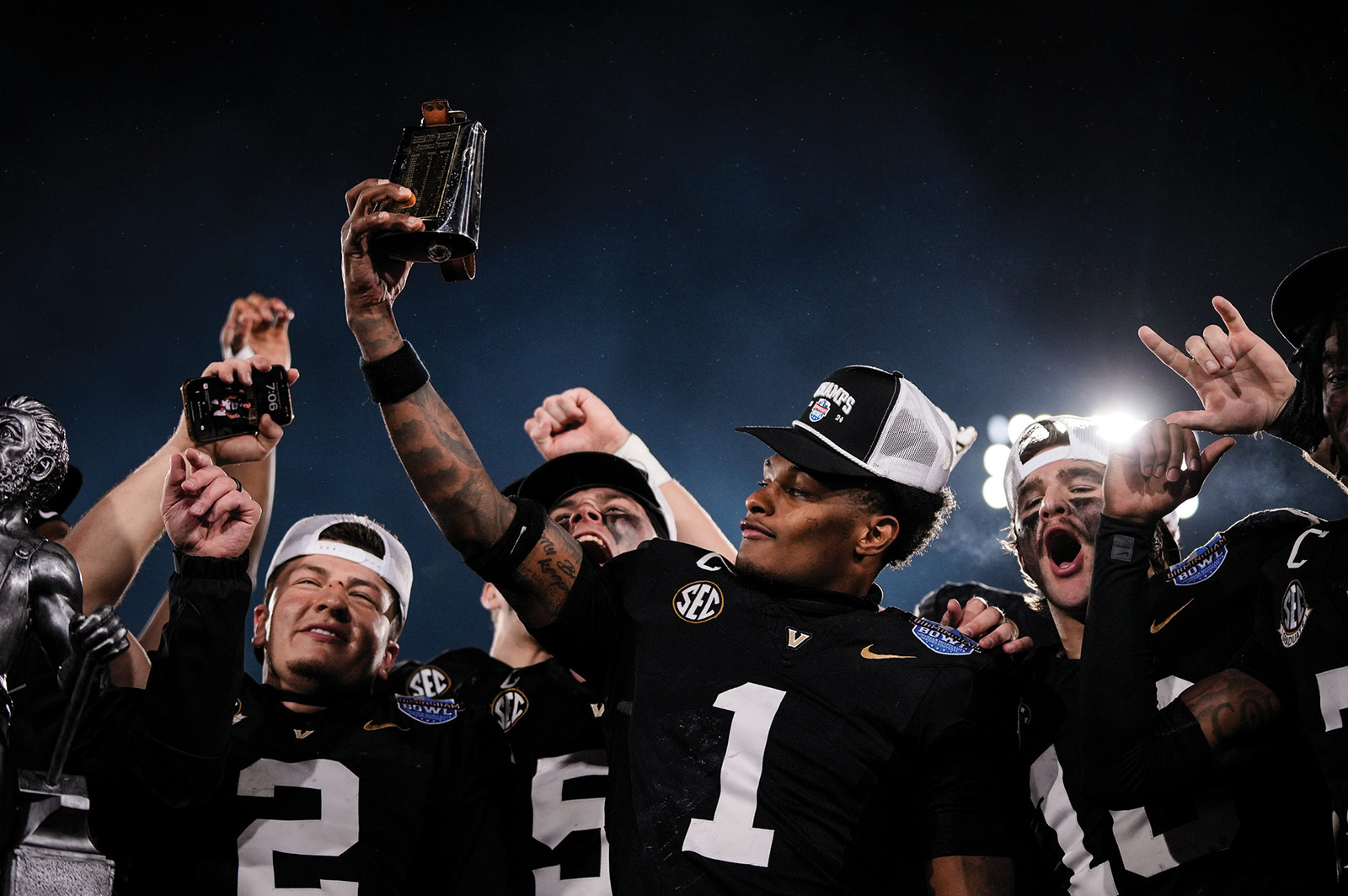Stories about human rights fill much of today’s news, from human trafficking to refugee rights to poverty and famine associated with war. Minky Worden, BA’89, has worked for more than 20 years to expose abuses like these. A Knoxville, Tennessee, native, Worden is the global initiatives director for Human Rights Watch, which won the 1997 Nobel Peace Prize. This New York–headquartered nongovernmental organization works in more than 90 countries to target abuses, often in partnership with local human rights groups, by way of thorough investigating and impartial reporting and by developing strategies for change. As the global initiatives director, Worden curates and implements international outreach and advocacy campaigns and is now mobilizing the world of sport to tackle global abuses.
How do you define human rights?
This year is the 70th anniversary of the Universal Declaration of Human Rights, the historic treaty and movement that came out of the horrors of two world wars. It anticipated the modern human rights movement by creating the structure to protect women’s rights and children’s rights and to create efforts to stop crimes against humanity. Human rights are rights that everyone has—for example, rights to health, education, free expression and religious freedom. In our modern world, every government has said they are going to uphold these rights. Having these standards and benchmarks that every government has signed on to gives Human Rights Watch the ability to identify when abuses are happening and call out governments when they’re not upholding these rights.
How did you become interested in human rights work?
I first developed my interest in human rights in Hong Kong, working as an adviser to then–Hong Kong Democratic Party Chairman Martin Lee. Because Hong Kong is such an international city, we worked very hard with human rights organizations and parliaments around the world to keep the spotlight on and to stop Beijing’s threats to basic freedoms in Hong Kong after the British colony was returned to China in 1997. One organization I turned to over and over again was Human Rights Watch. I realized that this relatively small organization had a lot of power to attract media attention and compel governments to do the right thing.
What drew you to conduct research at the intersection of sports and human rights?
My second book was about China and the Olympics [China’s Great Leap: The Beijing Games and Olympian Human Rights Challenges, 2008, Seven Stories Press], and it led me to understand that the International Olympic Committee was as rich and powerful as any government—but there were literally no standards governing human rights, which is why the IOC kept awarding the Olympics to countries with horrific human rights records. Writing the book helped me realize that we could document human rights abuses, and bring them to the IOC, which would have no choice but to act. For example, we documented the fact that thousands of workers were cheated out of their wages for their work constructing the buildings for the Sochi Olympics in Russia. It’s always hard to get results with the Russian government, but working with the IOC we were able to get 6,175 workers paid $8 million in back wages.

The other reason I work in sports is that many people care more about sports than about human rights, and we want to change that. Half the global population tuned in for the 2018 World Cup in Russia—but how many knew that North Korean slave laborers built one of the stadiums? People feel that sports is uplifting and want to cheer their favorite teams—but who wants to sit in a stadium workers died to build?
How did your time at Vanderbilt help prepare you for your career?
My time at Vanderbilt, and especially tough teachers like Robert Birkby and Richard Pride, taught me to think critically, back up my arguments with evidence, and write and edit on deadline—skills I still use every day. And now that I am an adjunct professor myself, at Columbia’s School of International and Public Affairs, I get to share that wisdom with my own students.
Minky Worden was interviewed by Morgan Newman, a senior in the College of Arts and Science at Vanderbilt and former Human Rights Watch intern.


